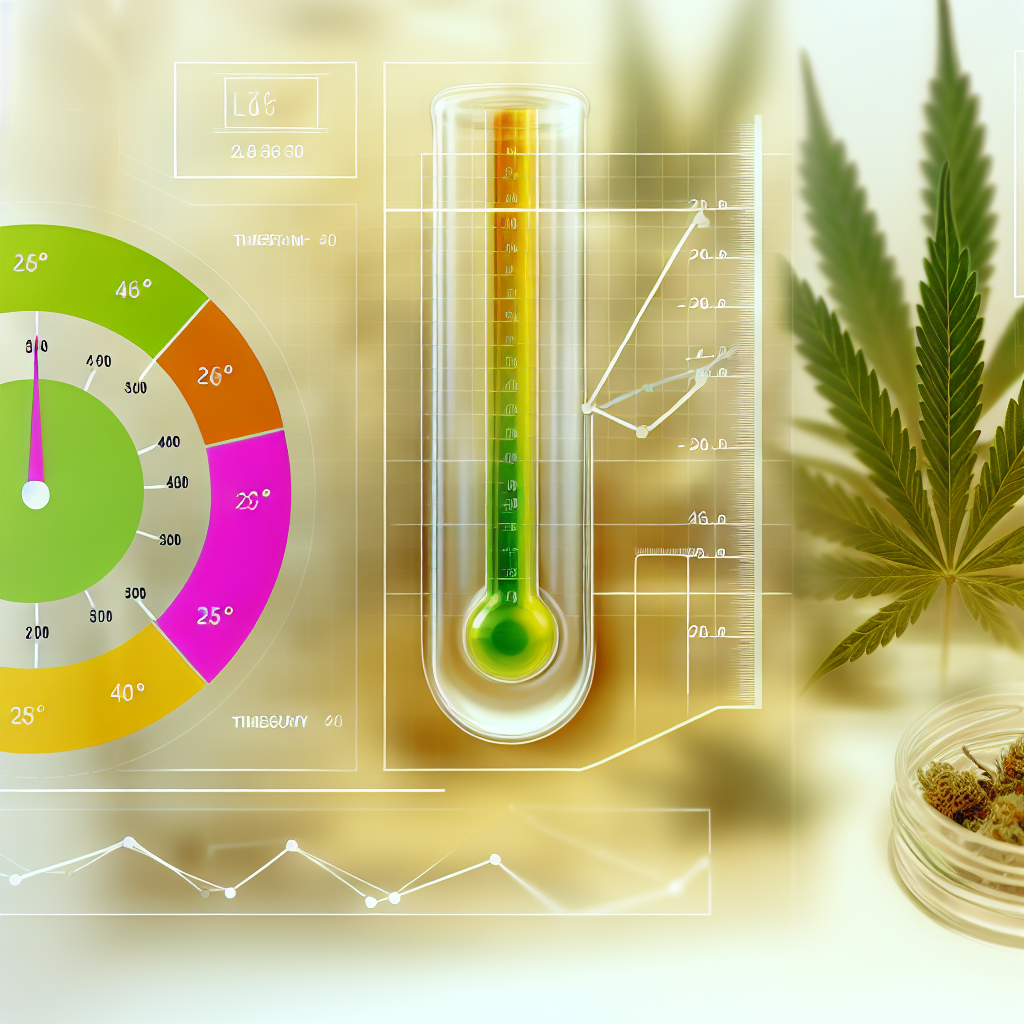# Digital Detox with Cannabis: Mindful Technology Use and Wellness
In today’s hyper-connected world, screens dominate nearly every facet of our lives. Between scrolling through social media feeds, binging streaming content, and working endlessly on our digital devices, the modern lifestyle has rapidly become one of persistent digital immersion. While technological advancements have undoubtedly improved communication, efficiency, and access to information, they have also led to an increase in potential downsides such as anxiety, sleep disruption, reduced productivity, and even digital addiction.
The need for a conscious digital detox—a break from technology and screen time—has gone from a trendy wellness concept to an essential self-care practice.
Breaking the Digital Cycle: How Cannabis Supports Wellness and Unplugging
Exploring the role of cannabis in digital detoxing involves understanding its scientifically backed benefits, particularly how cannabinoids interact with the brain and body in the context of mental wellness, stress, and attention restoration.
The endocannabinoid system (ECS) plays a crucial role in regulating mood, sleep, appetite, and stress response. Cannabis compounds like cannabidiol (CBD) and tetrahydrocannabinol (THC) influence the ECS by modulating neurotransmitters involved in anxiety, cognition, and circadian rhythms. As highlighted in a [study from Frontiers in Immunology](https://www.frontiersin.org/articles/10.3389/fimmu.2018.02002/full), the ECS helps maintain balance in the body—especially in response to stressors like digital overstimulation.
Notably, high screen time correlates with elevated anxiety, disrupted sleep, and attention-related issues—hallmarks of digital dependence. Cannabis, especially CBD, offers a supportive tool for those seeking relief. For example, a [study in The Permanente Journal](https://www.ncbi.nlm.nih.gov/pmc/articles/PMC6326553/) found that CBD significantly lowered anxiety levels and enhanced sleep quality, indicating its value for individuals trying to disconnect from tech for better mental clarity and rest.
CBD vs. THC: Choosing the Right Cannabinoid for Your Detox Journey
While both THC and CBD interact with the ECS, they offer different benefits for users during digital detoxes. THC can promote introspection, creativity, and symbolic thinking—a useful aid during solitary, screen-free moments, meditation, or creative pursuits. However, it’s important to approach THC mindfully, as overuse may lead to reduced motivation or impaired focus.
On the flip side, CBD’s non-psychoactive profile makes it an excellent option for those seeking relaxation without mental fog. It can ease anxiety, regulate mood, and promote a sense of groundedness, ideal for those easing into a digital detox or working through initial discomfort with unplugging.
Both cannabinoids hold value—choices depend on each individual’s goals and tolerance. Mindful, intentional use is key. Starting with low doses and keeping a reflective journal during your tech-free periods can enhance the experience and help fine-tune what works best for your unique detox journey.
Science Meets Soul: Professional Applications of Cannabis in Digital Wellness
The growing body of scientific evidence supporting cannabis use in stress reduction, mindfulness, and attention enhancement is encouraging wellness professionals to incorporate it into programs focused on digital detoxing.
Programs like Mindfulness-Based Stress Reduction (MBSR) and cannabis-assisted therapy are experimenting with protocols that include cannabis to deepen self-awareness and encourage present-moment focus during device-free sessions. Therapists, coaches, and cannabis educators are finding that mindful cannabis use helps individuals confront—not escape—the reasons behind their digital habits, leading to more sustainable changes.
A [2018 study from the Journal of Psychoactive Drugs](https://www.tandfonline.com/doi/full/10.1080/02791072.2018.1488930) reported that users experienced increased focus, deeper connections with the present moment, and improved emotional insight following cannabis use—key outcomes aligned with digital detox goals.
Reclaim Control: Resetting Tech Habits with Cannabis and Conscious Living
Combining digital detox with cannabis represents a progressive, holistic strategy for managing the mental and emotional strain of the screen-saturated world we inhabit. Through mindful consumption, people can reduce anxiety, improve mood, and cultivate internal awareness.
By intentionally integrating cannabis into periods of disconnection—whether it’s a weekend retreat, a daily screen break, or an ongoing wellness plan—individuals can enhance their emotional resilience and rekindle a healthy relationship with technology.
Whether you’re turning to CBD for calm or THC for inner reflection, cannabis can help foster presence, intention, and a much-needed mental recharge in today’s world of perpetual connectivity.
Summary
The article explores how incorporating cannabis into a digital detox can help individuals manage the mental and emotional strain of excessive screen time. It discusses the science behind how cannabinoids like CBD and THC interact with the endocannabinoid system to provide benefits such as reduced anxiety, improved sleep, and enhanced focus – all of which can support a meaningful digital detox. The article also highlights the growing integration of cannabis into wellness programs focused on mindfulness and present-moment awareness, and how this can lead to more sustainable changes in technology habits.
References
1. [Hanuš, L. O., & Mechoulam, R. (2012). The cannabinoids: An overview. *Frontiers in Immunology*.](https://www.frontiersin.org/articles/10.3389/fimmu.2018.02002/full)
2. [Shannon, S., Lewis, N., Lee, H., & Hughes, S. (2019). Cannabidiol in anxiety and sleep: A large case series. *The Permanente Journal*.](https://www.ncbi.nlm.nih.gov/pmc/articles/PMC6326553/)
3. [Walsh, Z. et al. (2018). Cannabis and mindfulness: A study of linked benefits. *Journal of Psychoactive Drugs*.](https://www.tandfonline.com/doi/full/10.1080/02791072.2018.1488930)




